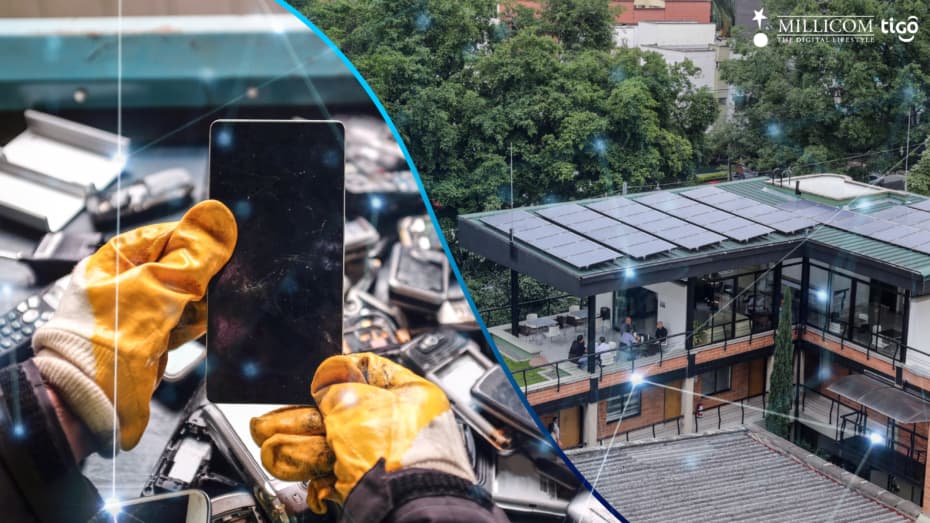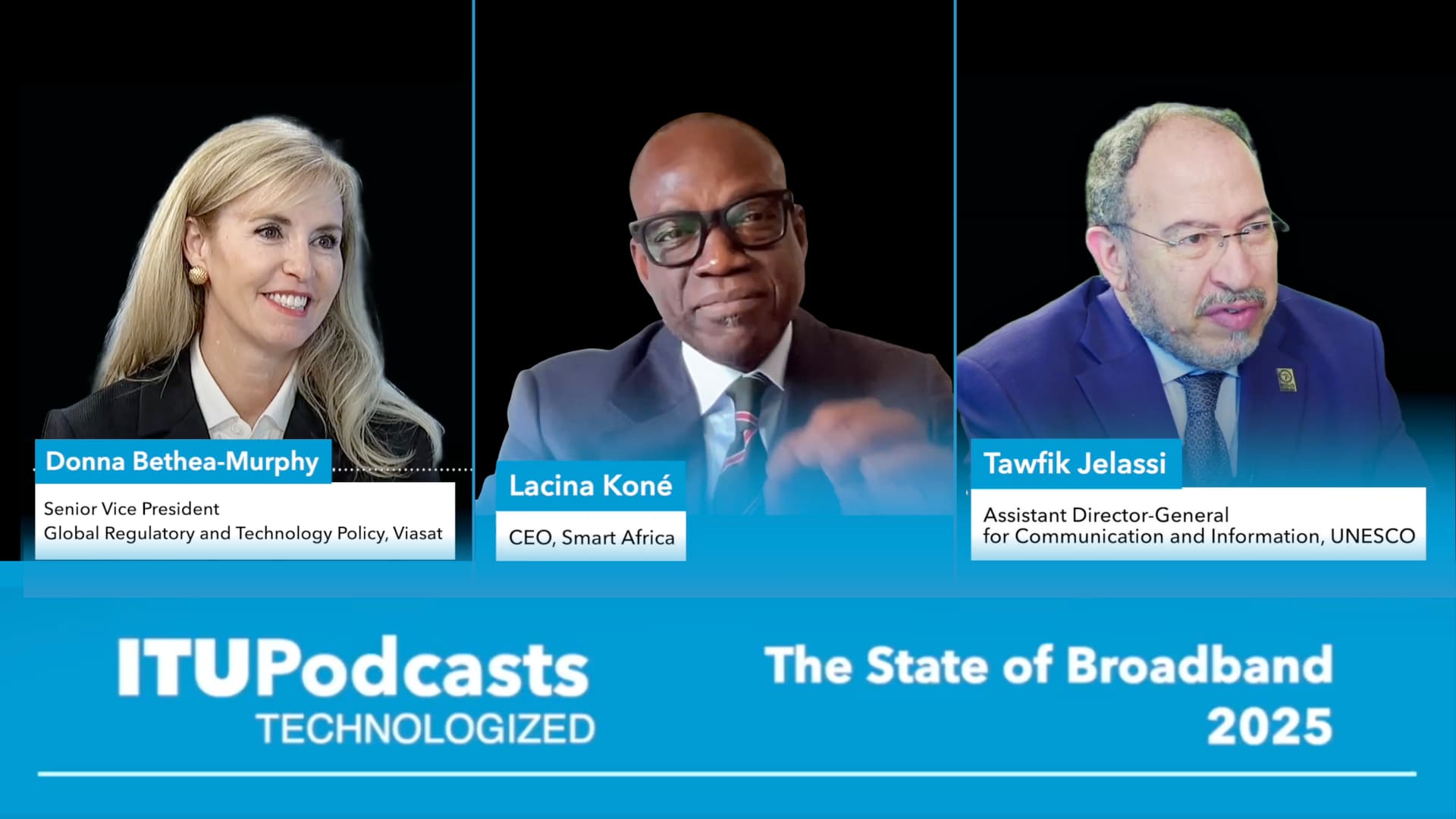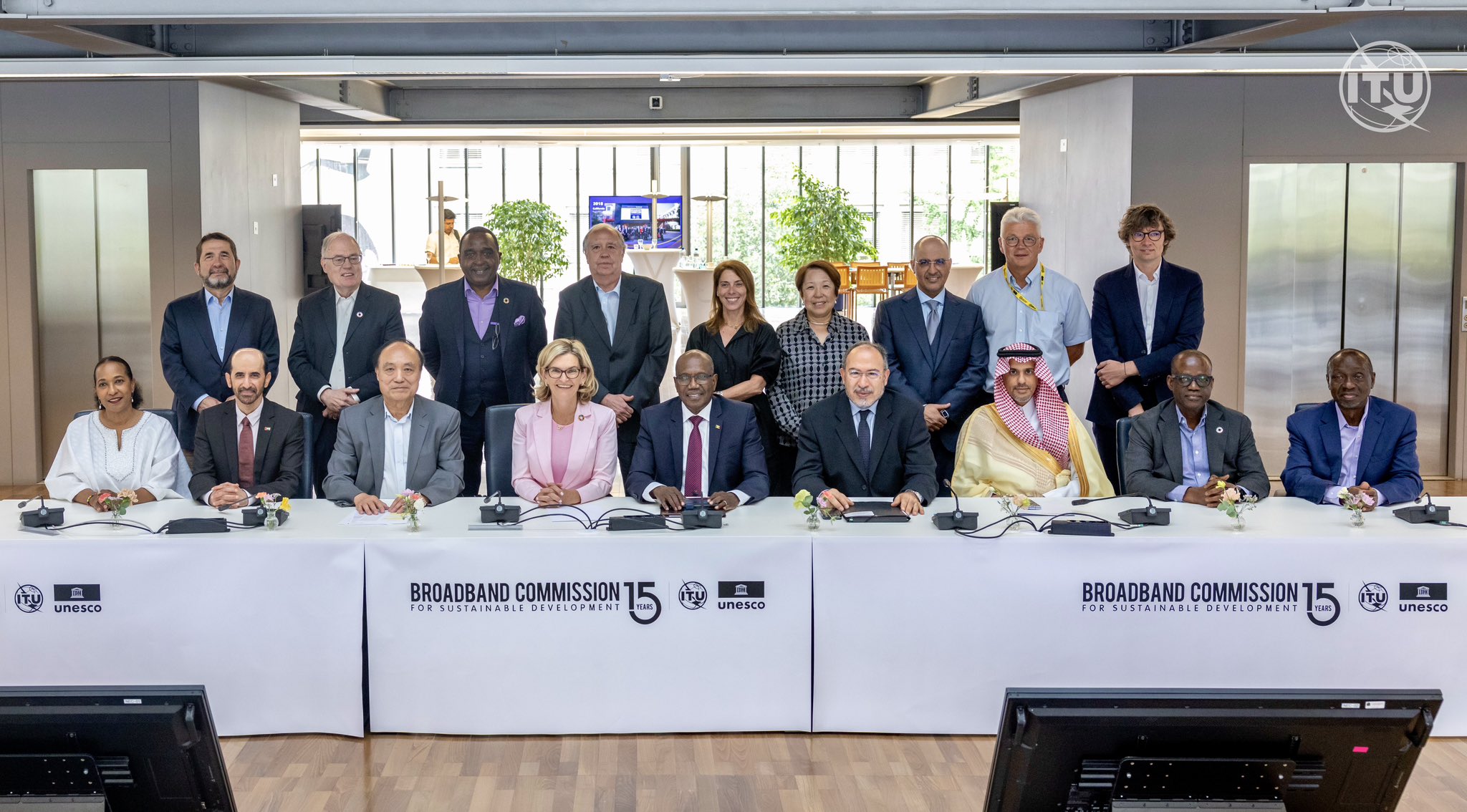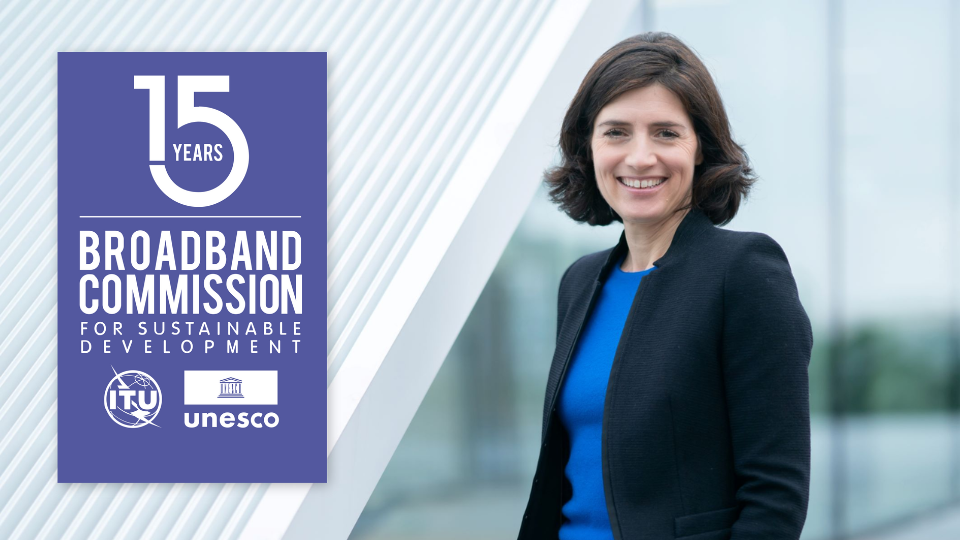
This year Millicom’s (Tigo) commitment in Environmental, Social, and Governance (ESG) amply reflected in initiatives that sought to minimize environmental impacts, increase digital inclusion, expand and improve digital education throughout the Latin American region.
Recently, Tigo announced a joint mentorship program to support students and young professionals in Latin America with Glasswing International– a non-profit organization that empowers individuals and communities. The mentorship program will initially focus on supporting the Central American Service Corps: ‘Jovenes Lideres de Impacto’ (Youth Impact Leaders), a service-learning initiative supported by The Howard G. Buffett Foundation and launched in partnership with Glasswing. This initiative will mobilize Tigo professionals who will become mentors for young people; to connect, inspire, and guide them towards identifying and grasping opportunities which will shape their professional aspirations an future.
Being a good environmental steward is not a mere add-on for Tigo, it is instead core to the organization’s purpose of building the digital highways that connect people, improve lives, and develop communities.
This summer, the Science Based Targets initiative (SBTi) validated Millicom’s carbon emissions reduction targets making it one of only three telecommunications companies and 33 companies overall in Latin America to have their science-based targets validated. The SBTi considers targets as science-based if they are in line with what the latest climate science deems necessary to meet the goals of the Paris Agreement – limiting global warming to well-below 2°C above pre-industrial levels and pursuing efforts to limit warming to 1.5°C. Millicom has long focused on environmentally sustainable business practices, but to achieve its SBTi targets, it must cut greenhouse gas emissions by half by 2030 – and drop to net zero by 2050. Millicom has committed to reducing absolute scope 1 and 2 GHG emissions by 50% by FY2030 and absolute scope 3 GHG emissions by 20% by FY2035, both from a FY2020 base year.
Tigo’s social impact programs seek to bring the potential of the digital world to underserved communities and the more vulnerable segments of the population.
In April, Tigo launched a regional web-based app for its Conectadas program, offering women and girls learning modules on digital literacy and entrepreneurship, creating a springboard for social and economic opportunities as well as inclusion. Conectadas started in 2017 and has grown to train more than 690,000 women and girls. Women with work and/or familial responsibilities, or who live in remote or rural locations, often lack the time, or means to attend the Conectadas workshops in the nine countries where Tigo operates; the digital platform facilitates access to the Conectadas educational tools. The free modules, educate women on topics such as basic internet usage, management of personal finances, and the effective use of digital tools and social media for business.





